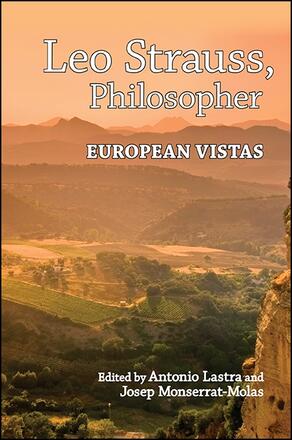
Leo Strauss, Philosopher
European Vistas
Alternative formats available from:
European scholars discuss Leo Strauss as a major figure in the history of philosophy.
Description
This volume presents, for the first time in English, the approaches to Leo Strauss being pursued by European scholars in Spain, Italy, and Germany. Whereas the traditions of Strauss interpretation have, until recently, focused on issues of interest to political science and, to a lesser extent, religious studies, this collection makes a powerful contribution to the recent philosophical consideration of Strauss. Each essay treats a unique thread emerging from the tapestry of Straussian thought, illustrating Strauss's thinking on the reading of ancient texts and on the relationship between philosophy and politics. In doing so, Strauss is placed squarely and uncompromisingly within the history of philosophy, in conversation with a large range of philosophical figures.
Antonio Lastra is External Researcher of Instituto Franklin de Investigación en Estudios Norteamericanos de la Universidad de Alcalá in Spain. Josep Monserrat-Molas is Professor of Philosophy at the University of Barcelona.
Reviews
"This is a really wonderful volume, a compelling narrative of Strauss as a reader of philosophical texts who both originated a new way of philosophical exploration as well as freely responded to philosophical and historical circumstances of his time." — Jeffrey A. Bernstein, College of Holy Cross